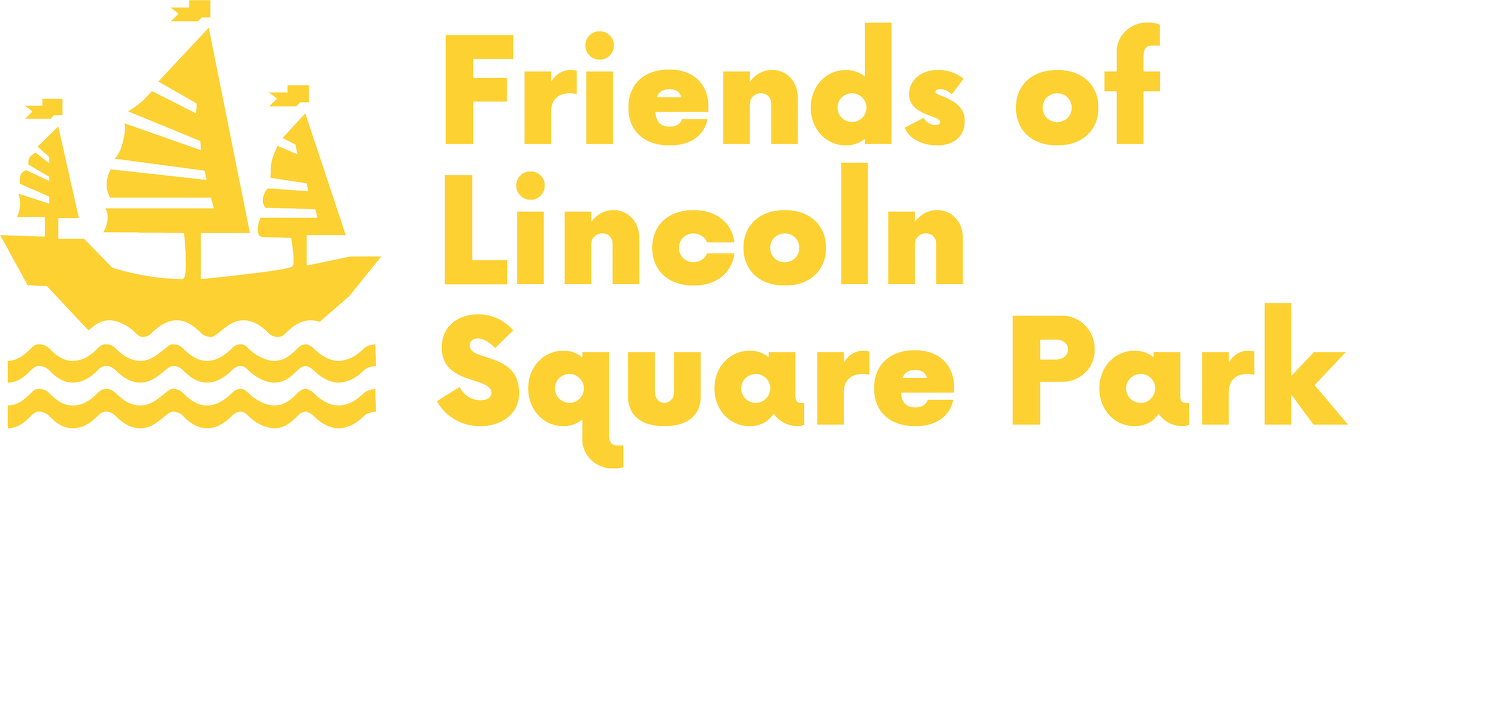Beyond Recreation: Supporting Community Resiliency
Lincoln Square Park and the Lincoln Recreation Center are a neighborhood institution that serves the families, workers, and residents of Oakland’s Chinatown to keep them healthy, connected, and resourced. By providing one of the few activated open air public spaces in Chinatown, Lincoln Square Park provides some park space for exercise and community gathering, as well as programming for multiple generations of residents to learn, play, celebrate culture, and access support services.
Investing in the future
Despite already operating as a thriving community hub, Lincoln Rec and Oakland Chinatown at large should be key targets for infrastructure investment from California’s state and local climate resilience programs. Resilient energy infrastructure that prepares communities, neighborhoods, and people merit the same level of focus as forests, coasts, and wetlands. Allocating infrastructure funding in an equitable way means ensuring working class, immigrant, majority renter communities like Oakland’s Chinatown get to keep the lights on and services running when the next climate disaster strikes. Instead of converting facilities into makeshift emergency centers as some cities are doing, permanent local resilience hubs can be ready to provide essential services without lag time and with more trust, and greater accessibility.
Friends of Lincoln Square Park Community Partner, APEN advocating for Resiliency Hubs
Preparing for climate emergencies
While climate change affects everyone, the experience can feel dramatically different depending on who you are and where you live. Because of racist redlining practices and anti-immigrant city planning policies, Chinatown, like many working class communities of color, experience disproportionate impacts of the climate crisis and environmental injustice. It’s surrounded by three freeways, impacted by heavy-duty truck pollution from the Port of Oakland. It’s a dense urban area affected by the urban heat island effect, and the stock of older, inefficient housing can become a dangerous trap for folks with respiratory sensitivities on increasingly hot, smokey days during wildfire season. When the power goes out, seniors may not be able to leave homes without elevators, preserve refrigerated medicines, or contact loved ones for help. Building climate resilience means addressing the harms communities have historically and are currently facing, while investing deeply in a more just future.
During climate disasters, we’re often told that preparedness means going out and spending hundreds of dollars on air purifiers, or thousands of dollars on solar and battery storage to power your home during shutoffs. These individual approaches are based on how much money a household has and exacerbates the divide between those who have the means to prepare for disaster and those who don’t. Building community resilience means developing collective responses rather than individual responses to disaster.
Community Resilience is the ability of communities to withstand, recover, and learn from climate impacts to strengthen future response and recovery efforts. Importantly, resilience is not just about responding to disasters and major shocks; it also addresses the daily stressors that are exacerbated by a disaster event. Resilience requires strengthening communities before, during, and after an event so that communities do not merely recover from climate shocks, but have opportunities to grow and thrive in the transition. Community-based resilience hubs can be the collective, collaborative, locally-governed solution to supporting a whole neighborhood to be prepared and weather the storms to come.
Leveraging existing assets
Investing in resilient communities means ensuring access to clean energy resources like solar and battery storage, and supporting organizing, education, and community engagement around those resources. Community Resilience Hubs are one way to empower and support local communities to stay informed, connected, and resourced. Trusted places like recreation centers, community centers, schools, parks, libraries, local businesses are already hubs for services and support. With investments in clean energy like solar and battery storage, these hubs can remain up and running when the power goes out - meaning a lifeline of communication to family members, being able to refrigerate medication and food, and get cool clean air on extreme heat and smoke days.
A new recreation center takes shape
The City of Oakland is currently planning to build a new Lincoln Recreation Center to better serve it’s growing community. It will grow community resilience by
Creating a vibrant, safe and inclusive haven for an increasingly diverse community of users
Strengthening community cohesion and belonging by increasing opportunities for different generations and communities to be together and learn from each other.
Mitigating displacement pressures in Chinatown and downtown where significant development and growth is occurring by significantly increasing the capacity and programming of the center to accommodate growth.
Building a state of the art public facility equipped to promote community resiliency by including amenities designed to better serve the community in the case of an emergency or disaster.
From MercyCorps.org
A new resiliency hub in Oakland Chinatown
And as a Community-based Resilience Hub equipped with renewable energy and battery storage, it could offer additional services to protect and uplift communities in the face of the climate crisis through disaster preparedness workshops, solar power workshops for young people
Through a long-standing partnership, the Asian Pacific Environmental Network (APEN) is supporting Lincoln Rec as a Resilience Hub. APEN leads research efforts to amplify a vision for community resilience in statewide policy-making spaces, advocate to embed equity for frontline communities in climate change adaptation efforts, and advance policies while leveraging resources for climate resilience hub models in Oakland, Richmond, and across California.


